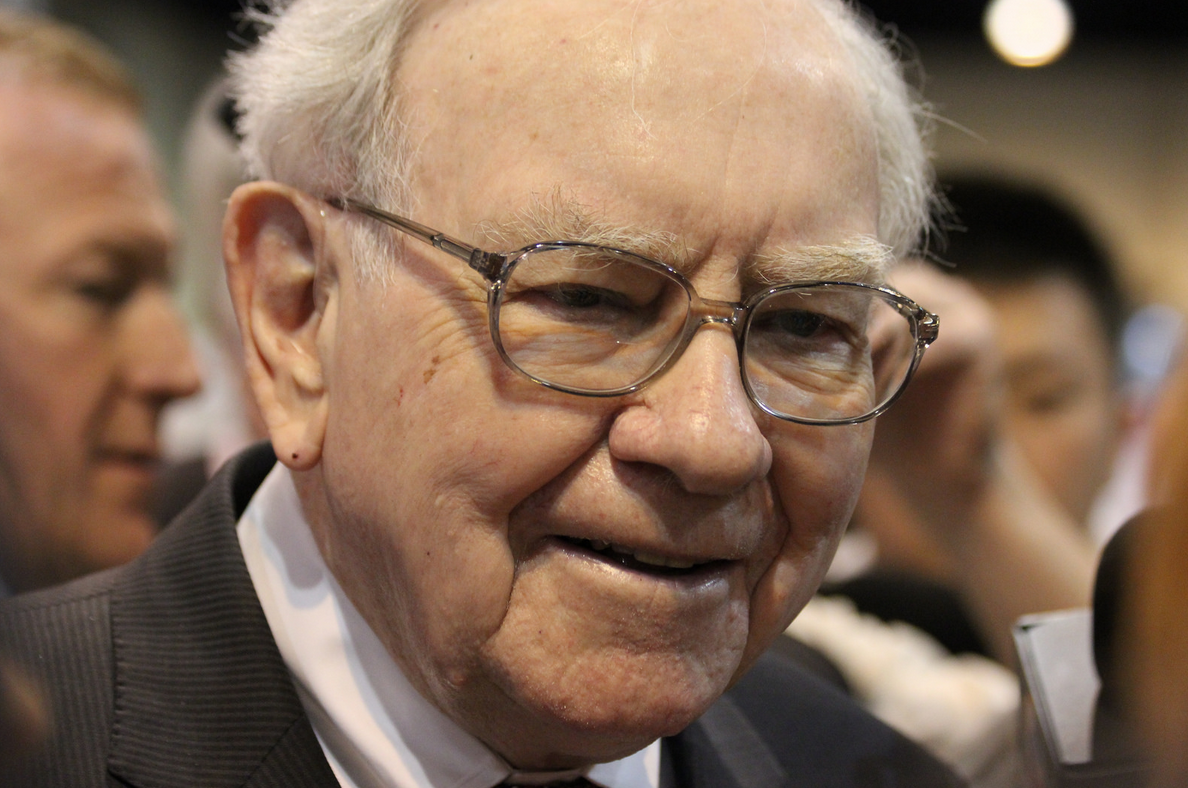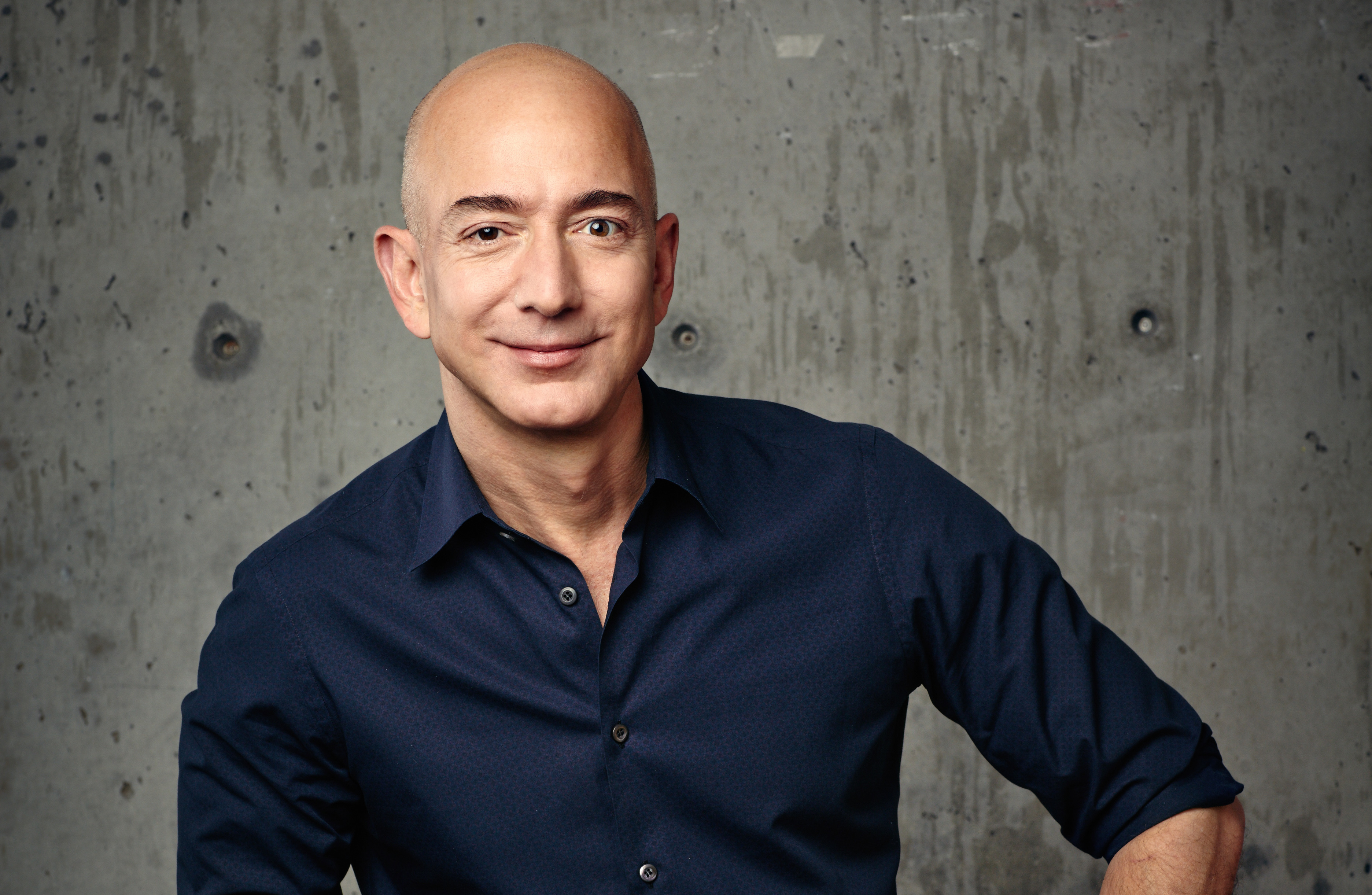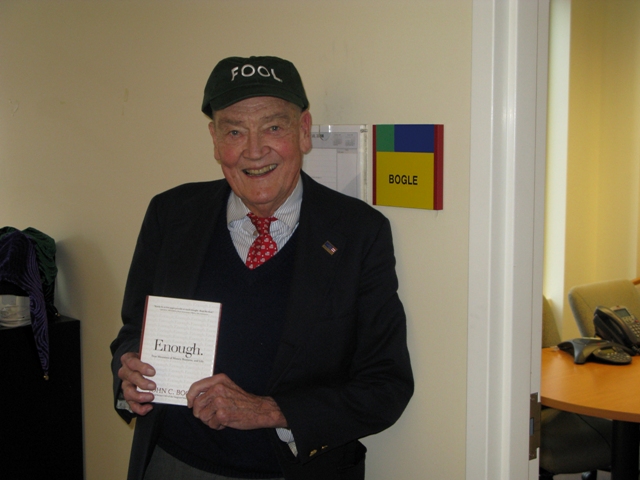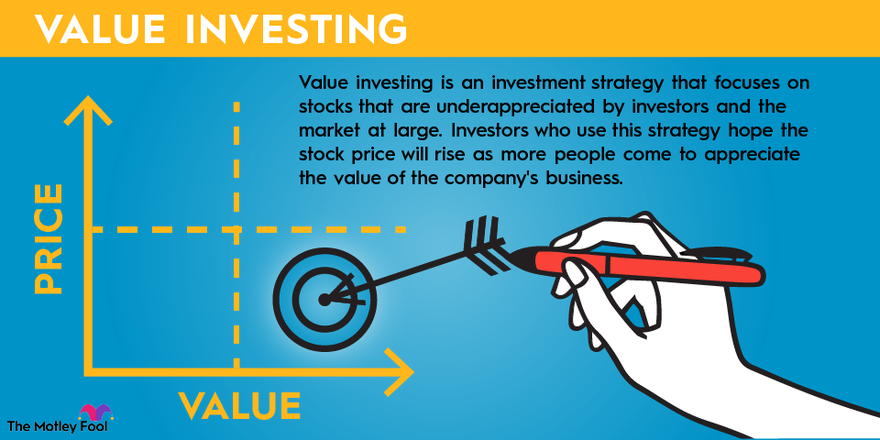Billionaire hedge fund and venture capital firm manager Philippe Laffont has won attention for his early investments in successful tech companies and his ability to thrive through market cycles. Read here to learn about Laffont's investment strategy, career highlights, and philosophy.

Primary role
Philippe Laffont is the founder and chief investment officer of Coatue Management, a hedge fund and venture capital firm launched in 1999.
Investment style
Laffont is best known as a growth investor who focuses on companies reporting major surges in revenue and earnings. Therefore, it should come as no surprise that most of his successes have been in the tech industry.
Laffont benefited from early investments in companies like Meta Platforms (META -1.30%). Yet, even though Meta and Amazon (AMZN -1.78%) are his hedge fund's second- and third-largest holdings, at 7.6% and 6.2%, respectively, he's expressed doubt about the long-term growth of the FAANG stocks: Facebook (now Meta), Apple (AAPL +0.09%), Amazon, Netflix (NFLX +1.17%), and Google, whose parent company is Alphabet (GOOG -1.03%)(GOOGL -1.03%).
Instead, Coatue plans to focus on opportunities presented by the growth of electric vehicles, artificial intelligence (AI), and climate-related technologies.
An analysis of Laffont's biggest investments indicates he's most interested in fast-growing disruptive tech and the infrastructure that supports it. This goes a long way toward explaining his holdings in companies such as Nvidia (NVDA -3.30%), Broadcom (AVGO -11.43%), and CoreWeave (CRWV -10.06%).
There's plenty of great ideas, but the winners in the next 10 years are not going to be the FAANG stocks.
Awards, honors, & recognition
- Advisory board, Robin Hood X Prize
- Trustee, New York Presbyterian Hospital
- Board, Dreamland Theater
- President, Philippe and Ana Laffont Family Foundation

















